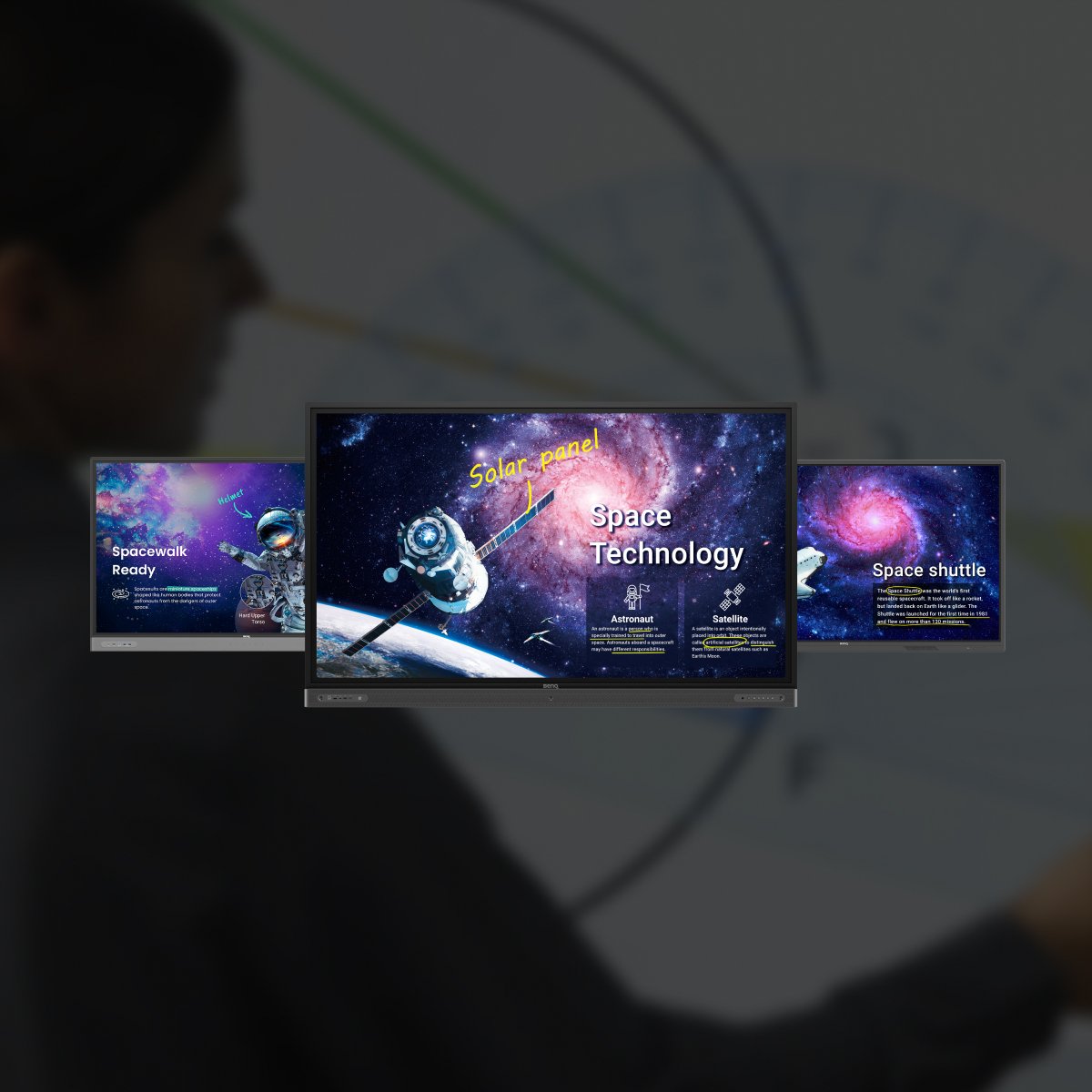About the School
Seoul Hanyoung University has come a long way since its establishment in 1970. Originally founded as a seminary by Dr. Han Youngchul, it was officially upgraded to university status in 1996. The school is known for its specialized departments that train students in a variety of fields ranging from theology and psychology to social welfare and music. Many of university’s graduates become active missionaries both in South Korea and abroad.




The Challenge
For over 50 years, the school has been advancing their curriculum to keep ahead of all the changes in the local and global mission fields. But despite these forward strides in their theological programs, the university staff felt like they were being held back by the tools they used for teaching.
According to Koh Seungdeok, the school’s facility manager, their classrooms were stuck in the past. Compared to their other facilities across campus—such as their library and student support centers, which were already refurbished with new e-learning tools—their classrooms were left behind in terms of upgrades. “For a long time, we’ve taught using blackboards and chalk. It got to a point where it became very inconvenient for both professors and students,” he explains.
Although their old blackboards were reliable, they were also vastly limited. When teachers ran out of writing space, they had to pause their lessons to erase the board—a messy, time-consuming task. Relying only on blackboards also prevented teachers from incorporating various types of multimedia and educational apps in their lectures. It was something they found unacceptable as the school’s goal was to keep in step with the times.
The staff knew that they needed new education technology, but they weren’t sure of where to start. This is why they sought the help of O-JIN International Corporation, Seoul Hanyoung University’s IT system partner.
“Using interactive boards is more cost-efficient than maintaining blackboards and projectors. It’s one of the reasons we prefer the BenQ Board.”
BenQ Solutions
“The university came to us looking for an interactive education solution that was compatible with their facilities,” says Jo Jaehee, manager at O-JIN. “After our assessment, we recommended the BenQ Board Pro because its features suited their needs the most.”
Jo and his team considered the school’s goal of transitioning from blackboards to something more digital. Although projectors and smart displays were viable options for presenting multimedia content, teachers would lose their ability to annotate. The school needed a touchscreen display. With several options to pick from, the team at O-JIN ultimately went with BenQ. Jo explains: “The BenQ Board has fine touch sensors, which let you write naturally… It also has accurate handwriting recognition, so I recommended it for the quality.”
Another factor that made the BenQ Board their top choice was its built-in operating system, which, according to Jo, gives teachers the flexibility of using different programs and cloud-based materials in their lessons. He explains that with the BenQ Board, “you can download and use the applications you need.”
But more than that, Jo also highlights the BenQ Board Pro’s ClassroomCare features, particularly its low blue light, flicker-free, and anti-glare technologies. “It’s a solution that considers the health of its users,” he says.




The Results
Koh notes that the staff are very content with their new interactive displays. Prior to acquiring BenQ Boards, they had originally considered fitting their classrooms with projectors and podiums for teaching, but after using their boards for classes, they instantly knew that they had made the right choice.
“The professors are satisfied with the BenQ Board. They get to interact with their students more on a wide display.”
“Using interactive boards is more cost-efficient than maintaining blackboards and projectors. It’s one of the reasons we prefer the BenQ Board,” says Koh, putting into account the long-term cleaning and maintenance costs, lifetime, and overall usability of each device. The BenQ Boards also provide more flexible ways of conducting lessons, offering a higher level of interaction and functionality compared to regular projectors.
As for how the BenQ Boards are being received by the rest of the staff, Koh notes their positive feedback so far. Class participation has significantly increased, making their lessons at the university more engaging than ever. “The professors are satisfied with the BenQ Board. They get to interact with their students more on a wide display,” he says.

